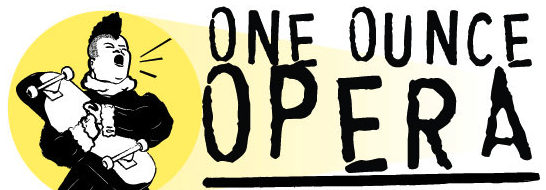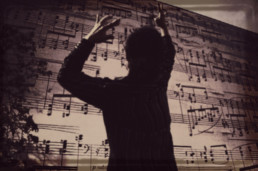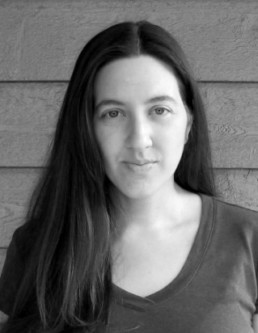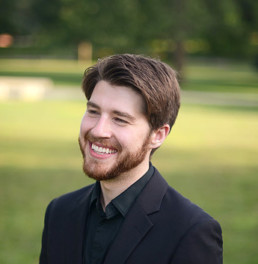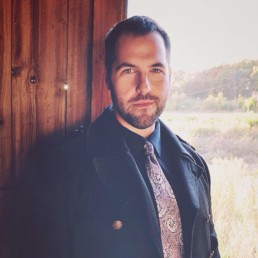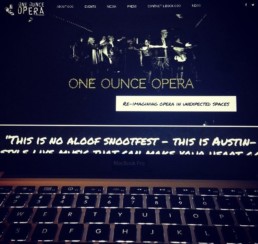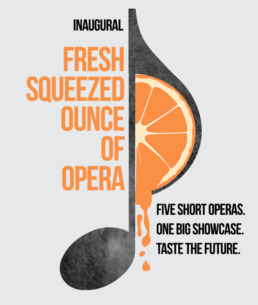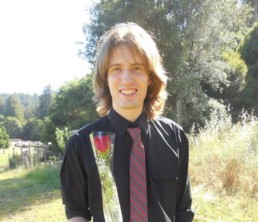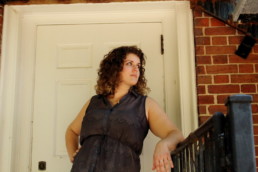Meet Tyler Mabry, Winning Composer of FSOAS 2016
OOO is happy to introduce Tyler Mabry, whose winning song “The Last Words of Che Guevara” will be performed by tenor Danny Castillo at Inaugural Fresh Squeezed Ounce of Art Song on Fri, Nov. 18th. Here’s what Danny wanted to know:
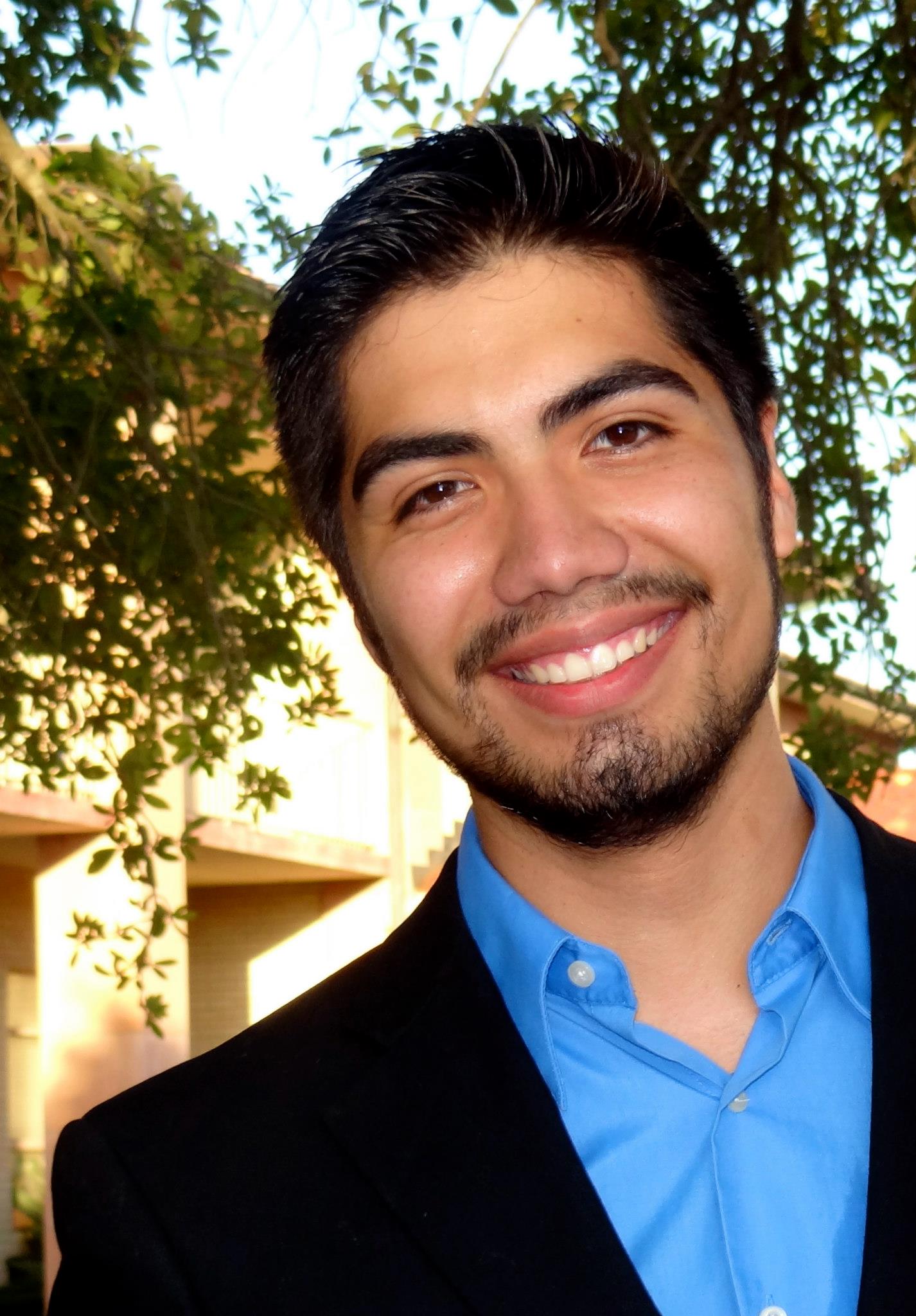
Danny: Where did the idea and inspiration to write The Last Words of Che Guevara spark?
Tyler: Guevara transformed himself into a mythic figure – he became, very self-consciously, a symbol for global revolution. He is a strikingly postmodern martyr. I often think about the haunting accounts of Guevara’s later years, particularly his final doomed campaign in Bolivia. In “The Last Words of Che Guevara,” the words all come directly from the statements Guevara reportedly made in his final 24 hours, from the time of his capture by the Bolivian army to his death in CIA custody. These “last words,” as fragmentary as they are, are quite moving and representative of Guevara’s life and spirit. I’ve attempted to set them musically so as to suggest an arc that begins in dejection and regret, continues into stoic acceptance, and finally culminates in a renewed faith in the revolutionary cause, so that the moment of death transforms into a moment of triumph.
D: What was the compositional process like?
T: The first thing I did was to select the text – there are several different variants of Guevara’s final statements, and of course all of them are in translation. After establishing the text, I worked out a few different scalar and intervallic patterns to give the song a unifying harmonic texture. At that point I sat down and wrote the ending quite quickly. (I knew almost immediately that I wanted to end with a march-like accompaniment which would abruptly terminate, leaving the singer holding the final note a capella.) The rest of the piece was written backward, section by section, so that the beginning was written last.
D: Did you draw inspiration from other pieces of work, both internal or external, when creating The Last Words of Che Guevara?
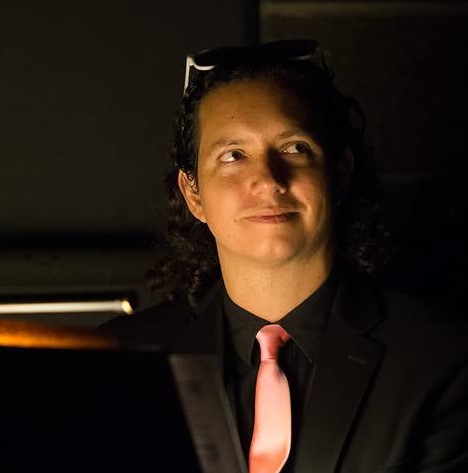
T: Although I wasn’t conscious of any specific musical inspirations while I was working on the piece, I’m sure that Peter Lieberson’s gorgeous settings of Neruda’s poetry, and also Samuel Barber’s art songs, were in the back of my mind somewhere. If you listen closely, there’s also a dissonant rendition of the Cuban anthem in the first section of the piece.
D: Do you find that working on music for staged productions (Persephone, Agent Andromeda, W.) influences the way that you approach composing art song?
T: Definitely! Although my formative background is classical, most of my current work is done in theater. So it’s no surprise, perhaps, that my approach tends to emphasize narrative. I’m attracted to attracted to art song as a genre well-suited to conveying an isolated moment of drama – a suggestive fragment of narrative. Song has the wonderful ability to suggest a larger context or story, while still retaining the ability to exist independently as a miniature.
_____
For over a decade, Tyler Mabry has composed and performed original music in the Austin area, in collaboration with various organizations, collectives, and performers. Mabry is a Vortex company member, music director for kidsActing, and pianist at Berkeley United Methodist Church. Persephone, his first full-length musical for adult performers, premiered at Vortex earlier this year. He has been nominated twice for a B. Iden Payne award for Best Original Score, for Persephone and for Running Wild (ACT). Other recent theater credits include the Barbarella-inspired aerial rock spectacle Agent Andromeda (Sky Candy), W. (AJRT) Cuchulain (Vortex), Stuffed! (FronteraFest), Two Gentlemen of Verona (Something for Nothing), and Jive, Kitty! (ACT). He has also composed numerous sacred choral works, including a Christmas cantata (The True Light, with Victoria Schwarz), and “I Heard the Voice of Jesus” (soon to be published by Shawnee Press). When not in rehearsals and techs, he plays with the neo-soul group Jade and the Foxtones. Tyler Mabry holds a Ph.D. in English from the University of Texas at Austin and a B.A. in piano performance from the University of the Ozarks.
Meet David C. Adams, Winning Composer of FSOAS 2016
OOO is thrilled to share this interview between singer Angela Irving and composer David C. Adams, whose chamber song cycle “Five Mystic Songs” will premiere on Fri, Nov. 18th at the Inaugural Fresh Squeezed Ounce of Opera.
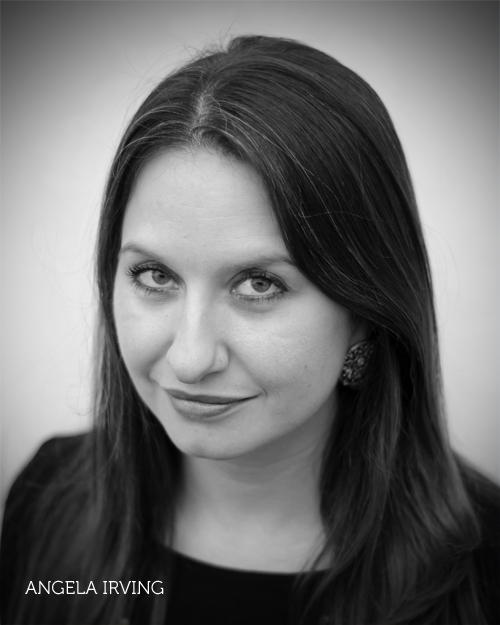
Angela: Tell us about Olivia Pepper, the author of the text. And how did you all meet?
David: Olivia is unique. I’ve never met another human like her. I think we met at a funky, artsy, hippie-ish party, around a giant campfire, though I’d already heard about her. Sometime later she painted my face for a body-paint photoshoot in South Austin. What does it mean that she’s a culture creator? Let’s take the snapshot approach. In recent months she’s lectured on Tarot in Chouzhou, hugged a camel in Mongolia, snapped a quick self-portrait in Bulgakov’s mirror, gone nocturnal in Berlin, choreographed a dance in Paris, and finished two books: one, a novel; the other, accompanying a Tarot deck she created with local Renaissance woman, Katie Rose Pipkin. And this is only a glance at the surface. I’m fortunate to be working with her words!
A: Are there specific composers and/or performers that have helped inspire some of the different stylings you write for voice and strings in this cycle?
D: My first instrument was viola, I play violin now, and I studied singing and writing for voice with David Small while I was getting my composition degree at UT, so these forces are all pretty comfy for me. As for the stylings here, I can’t point to any particular influence. All the extended techniques arise naturally out of the text, which points to a recognition of beautiful simplicity. For example, tuning, really listening while playing open strings, is not unlike focusing on the breath during meditation.
A: There’s an element of performance art in this cycle. How did you go about deciding to add that as a part of this piece? And has performance art played a role in other pieces you written?
D: This text is about waking up to the mystical reality that surrounds, permeates, pervades, and is us. The first song paints the relentless anxiety we feel in our hyper-stimulated lives, and the rest are about waking up from that. It seems only natural to make use of extramusical means – a waking up to possibilities to inspire waking up to possibilities. I have incorporated performance art elements into works in the past as well: my Suite of Dances for string quartet features some performance art elements, including a throat-clearing by the first violinist to prompt a few obligingly dulcet notes from the rest of the quartet.
A: I heard that your next project is an opera! Tell us about that!
D: Well, right now I’m working hard on a concerto for french horn and chamber orchestra to be premiered next year by Louisville’s Orchestra Enigmatic, but once I finish that up, I’ll be setting to work on a chamber opera.
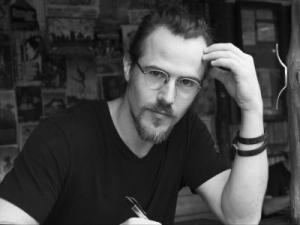
I heard a story this summer when I was on my way to the mountains. The woman sitting next to me on the plane was en route to visit her mother in law, who we’ll call Elizabeth. Elizabeth was recently widowed. Her husband had been young, in his sixties, and their grandchildren had just started rolling in. Her husband’s passing aroused the pain of empathy in me, but took on new depths and layers when the woman told me more.
Elizabeth had been a nun, living in a convent, when she met her husband. He had been visiting his sister, also a nun there, when Elizabeth and he first crossed paths. Something changed for them when they met, and he started visiting more often – or course, purportedly to see his sister. They invited Elizabeth to join them for Christmas with their whole family, and when she did, all her plans fell away before her eyes… and I thought, This is an opera! A couple weeks later, I shared this vision with Julie Fiore (director of One Ounce Opera). She agreed, and here we are.
Opera is expensive though. At the Met, the composer’s fee alone can approach half a million dollars. We’re doing it much less extravagantly, but it will still take an unbelievable amount of time, energy, and money – and we’re still not sure how we’re gonna pay for it all! We’ve started a crowd funding campaign though. (click here for more!)
(And stay tuned for more information about this exciting co-production between Mr. Adams and OOO!)
_________
Always drawn to sound and music, David C. Adams‘ ears have led him on a lifelong adventure through all things auditory. He picked up a little bit of trumpet, recorder, and piano before diving into the viola section of his 5th grade orchestra, where he continued to develop through high school, leading the section his senior year. By then, he had found the guitar, which came easily to him.
David’s musical exploration has included performing and recording as a lead guitarist, bassist, pianist/keys player, violinist, violist, cellist, and singer, both as a sideman and as a frontman. Turning down a generous offer from the New England Conservatory, he elected to work with the wonderful composition and vocal faculties at UT’s Butler School of Music, where he recently graduated with a degree in composition.
Now, having jammed original funk-rock onstage at Antone’s, premiered works written by himself and others in halls from Austin to Chicago, performed the symphonic music of Mozart in Vienna, and sung Fauré’s Requiem in Carnegie Hall, and while maintaining an active performing and recording career, David spends his days writing newly commissioned works, jamming with his band, and teaching music to a new generation.
Find out more about David: http://davidcarltonadams.com
Meet Michael Mikulka, Winning Composer of FSOAS 2016
OOO is happy to introduce Michael Mikulka, who penned both a short cycle for tenor and solo song for soprano. These winning pieces will be performed at the Inaugural Fresh Squeezed Ounce of Art Song on Fri, Nov 18. Danny Castillo, who will sing “A Wind Among the Reeds,” and Brittany Santos, who will sing “I Am Vocalist,” had these questions for the composer:

Danny: You have such a dynamic repertoire of compositions which include these large, orchestral, high-intensity pieces such as your Krikkit Variations. Do you find any special challenges when writing music in a smaller scale, such as art song, in terms of compositional and musical tools and techniques available to you?
Michael: Thank you! There are a lot of differences in the way I approach writing for large ensembles and the way I approach writing an art song. One obvious change is timbre: with a large ensemble (especially a wind band or full orchestra), you can make interesting color combinations with ease because you have such a wide variety of instruments at your disposal. When writing for voice and piano, most of the color comes from the vocal (and piano) register, the consonant/vowel sounds of the lyrics, and the texture and chord spacing of the piano, so it’s much more about the details.
Some melodies or musical ideas work best in chamber music, some work best for a large scale work, and some will work well in either format. Smaller instrumentations tend to benefit from music that feels as if it’s a story being told by one person. Any melody or accompaniment figure played by only one performer is going to sound more personal and intimate than if it is being played by several people. The intimacy of art songs generally allows for the melodies and accompaniment figures to have more subtlety and more room for interpretation.
When there are lyrics, clarity in the vocal line is necessary, which requires the piano part to play a secondary role whenever the vocalist is singing. In addition, the listener’s focus will typically be directed more at the vocalist. These factors make it more challenging to balance the piano part. It needs to be interesting and have some complexity, but not so much that it distracts from the voice. The piano and vocal parts also need to relate to each other, but the piano often has to be subservient. I think the two pieces I have on this concert approach this challenge in very different ways.
D: You write so well for the voice. Do you see any operatic engagements in your future? Is that a genre of music that you would like to explore?
I would love to write an opera (or possibly a musical or some hybrid of the two). It’s such a time-consuming thing to do and it’s extremely challenging to line up a first performance, so I’m probably going to have to wait until somebody commissions me. I do have a pair of ideas floating around, though, and every year or so, I plan them out a little bit more. At some point, I’d like to write a one act opera with a condensed orchestration, but the ideas I currently have are both large scale.
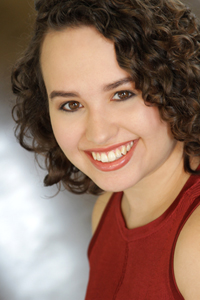
Brittany: What type of character did you have in mind for “I Am Vocalist,” and did you have a specific inspiration behind this character?
M: There are plenty of negative stereotypes for different types of musicians: “low brass players are crude, dumb, and often drunk.” “Flute players are shallow and flaky.” “Trumpet players think they’re the greatest and make sure everybody else knows.” “Percussionists are impatient, mentally unstable, and can’t read music.” “Vocalists take liberties with the music to hide their technical shortcomings: they can’t sing in rhythm or do anything that is harmonically challenging. That’s why all they ever sing is the same small group of Italian, German, and French art songs.” “Most instrumentalists think they could become a successful vocalist with a few weeks of practice and a diction class.”
Sopranos are “the most extreme of all the vocalists:” some musicians would suggest that they have the “morals and restraint of a trombone player,” the “ditziness of a flutist,” the “self-importance of a trumpeter,” and the “patience and ear-training skills of a percussionist.” Oh, and they’re also “drama queens who require the spotlight at all times.”
With “I Am Vocalist”, I envisioned a soprano character who fights back against these offensive stereotypes about vocalists’ technique and ability, while proudly delighting in a few of the others.
Slightly less important (as usual), is the sarcastic and passive aggressive piano accompanist (collaborative pianist!!), who harbors more than a little resentment at the tiny fraction of their ability which is being utilized.
B: Who are your major influences in composition and what parts in the piece were inspired by those influences?

M: When I have to name my biggest influences or favorite composers (we composers get asked this every few weeks), I normally mention Ravel, Stravinsky, Prokofiev, and Shostakovich. However, “I Am Vocalist” is nothing like their music (with the possible exception of Shostakovich’s sarcasm). This led me to thinking about some of my other influences.
Here are a few aspects of other composers’ music that I think influenced “I Am Vocalist”:
-Mozart’s clarity, structure, and pompous self-satisfied giddiness
-The lightness of the tone in Gilbert + Sullivan songs, and how the vocalist is really placed front and center
-The “I can sing just one note” concept was influenced by a vocal composition by Philip Rice
There’s much more influence in this piece than that, though. Whenever we compose, we’re influenced not only by the other music we’ve heard, but also by our non-musical tastes and experiences. The balance between “musical influences” and “non-musical influences” varies from piece to piece, which is something I wasn’t really actively aware of until I thought about this question. For me, the content of this piece is towards the “non-musical influences” extreme of the continuum: “I Am Vocalist” is probably a good lens for how influences in my life have shaped the way in which I express playfulness, sassiness, pride, and sarcasm.
_________
Michael Mikulka recently completed his DMA in Composition at the University of Texas, where he studied with Donald Grantham, Russell Pinkston, Yevgeniy Sharlat, and Dan Welcher. He completed his MM in Composition at Central Michigan University (studying with David Gillingham), and received his undergraduate degree in Music Education from Rutgers University, where he co-founded the Rutgers Undergraduate Composers Recital.
Over 25 of Michael’s compositions have been honored as a winner or finalist in competitions or calls for scores. His pieces have been performed by members of the Dallas Symphony Orchestra, Seattle Symphony, Vancouver Symphony Orchestra, and New Jersey Symphony Orchestra, as well as by the performance faculty of several major universities.
Michael is the founder of newbandmusic.com and newchambermusic.org, free services which promote self-published music written by emerging composers. He was also the creator and conductor of the Vine Orchestra, which premiered over 50 (six second or less) compositions. Michael is a horn player, and has recently performed with the UT Wind Ensemble, Symphony Orchestra, and Horn Choir, as well as premiering several solo and chamber pieces.
Find out more about Michael!
http://www.michaelmikulka.com/
Twitter: @Michael_Mikulka
Meet Rain Nox, Winning Composer of FSOAS 2016
We’re happy to introduce Rain Nox, composer of the winning song cycle “Water Songs.” Ms. Nox lives in Austin, Texas. Jenny Ohrstrom, who will sing “Water Songs” at the Inaugural Fresh Squeezed Ounce of Art Song on Friday, November 18th, interviews the composer:
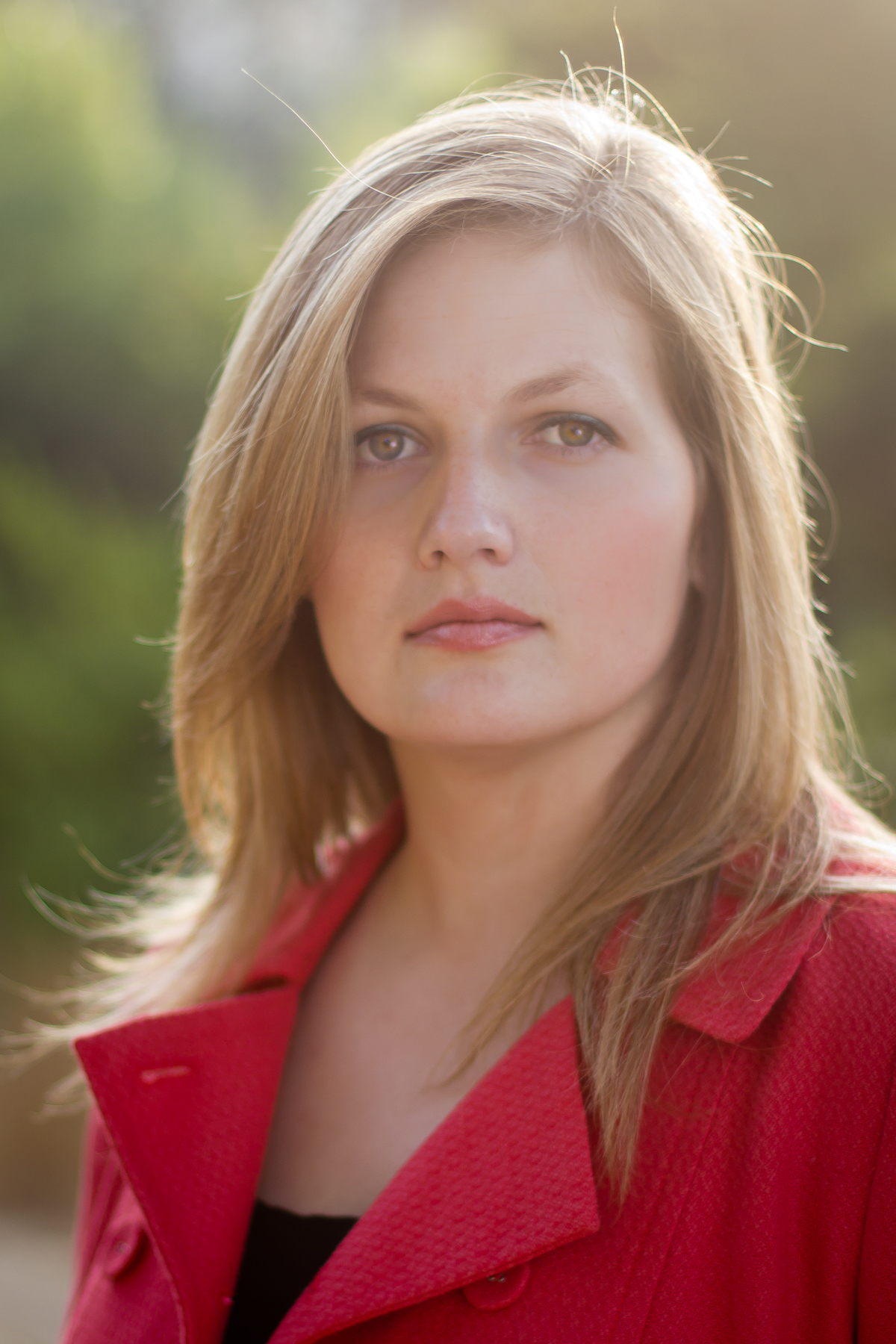
Jenny: How did you get in to composing, and what inspired you to write the Water Songs cycle?
Rain: I started playing classical music when I was fairly young but don’t remember really being aware that composers were still producing classical-style music. In my late teens I started pop-style songwriting and that eventually segued into classical when I started studying music academically. I majored in instrumental composition but by the time I graduated I knew it was actually vocal, choral, and musical theatre composition that most interested me.
I grew up on Long Island, NY. As a child, I was never too far from the coast and I spent many a happy day simply staring out into the ocean, looking for sea glass, or walking up and down the beach. I have always been drawn to water and the sound of a waterfall or a babbling brook is the most peaceful sound to my ears. I love living in Austin but I often miss the ocean.
J: How did you pick the texts for Water Songs? They come together perfectly – were there other texts you were considering that didn’t make the cut?
R: This may not sound very romantic, but once I knew I needed to write about water I used a key search on a poetry database for water, stream, waterfall, etc. I read literally hundreds of poems looking for ones that were the right length, style, tone, and ones that sparked something in me. Poetry by nature has a musicality to it so for me it is more a matter of the poet’s own musicality matching mine. There were many poems I really liked but could not see how I would set to music. In addition, I didn’t want poems that simply described a pretty water scene but ones that used water as a representation of a deeper meaning.
J: I love how the scores reflect the waters in the songs – from the rain to the ocean waves, you can hear the differences in the piano and feel transported. Were the water motifs created first, or did you start with the texts? How did these pieces come to life?
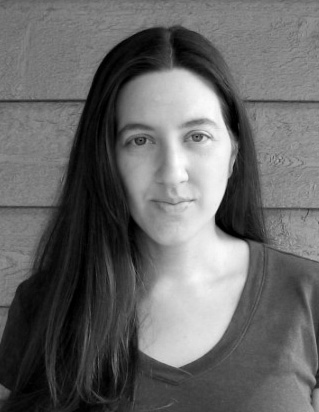
R: It’s different for each poem. I don’t think of the piano and text setting as two separate things, I think more about the music that would come right before the text, or support the text. For instance, in the poem “The Ocean” by Nathaniel Hawthorne I hear the sound of the waves under the words in the poem, so I knew the piano part should set that up for the listener before the singer begins. In “The Single Hound” by Emily Dickinson, there is no piano intro because when I read the text it starts right away with a feeling of a boat rocking down a stream. For the poem “In the Rain” by William Wetmore I wanted the listener to feel the relentlessness of the rain so I used the constant sixteenth notes except for when the speaker dreams of clear skies and mountain views.
___
Rain Nox received her Bachelors of Music in Composition from the University of Texas at Austin. Since graduating she has composed six one act musicals, including Sisters of the Sea that was featured in Best of Fest at Fronterafest, and three full length musicals, including Crazy Like a Person, which won Best Original Play at the City Theatre’s Summer Acts festival. She is also the lead singer and bassist for local rock band Rise from Fire. Growing up on Long Island, the ocean was a constant in her life, and even after twenty years in Austin the ocean is the one thing she misses. Water Songs is homage to the special place that water has in her life and is based on five different poems in which water-related imagery plays a key role.
Find out more about Rain Nox by visiting her Soundcloud page.
Meet Griffin Candey, Winning Composer of FSOAS 2016
We’re happy to introduce Griffin Candey, composer of the winning song cycle “Two Modern Love Songs.” Baritone Jake Jacobsen will perform Mr. Candey’s cycle at the Inaugural Fresh Squeezed Ounce of Art Song on Friday, November 18th. Jake had these questions for the composer:
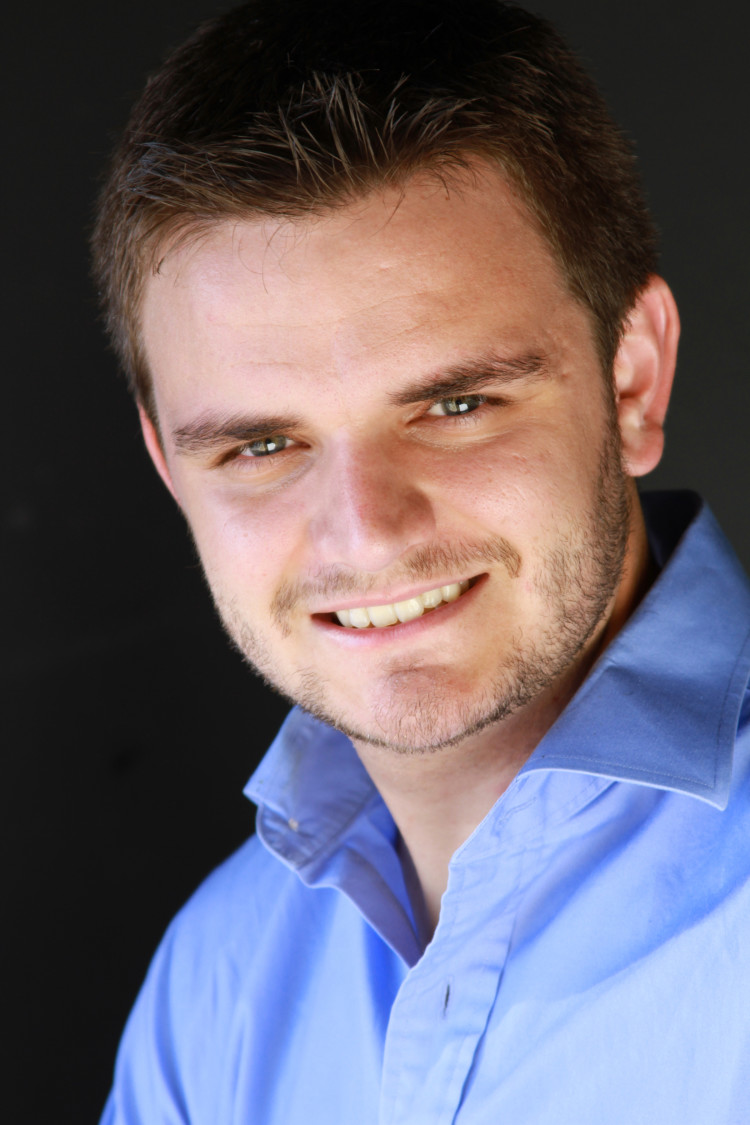
Jake: For you, what is the overarching message of both of these texts?
Griffin: These two poems (Edna St. Vincent Millay’s Modern Declaration and Never May The Fruit Be Plucked) paired into a wonderful foresight and retrospective on a flawed, human relationship — the former as a stammering attempt at a bold declaration of love, scattered with both self-importance and self-doubt, and the latter as a reminiscence on how fleeting the individual moments of love and affection can be, how they cannot be reproduced, how they cannot be distilled. The actual substance of love-in-real-time, the bit that lives in the middle of these two songs, maintains a strong foothold as one of the primary subjects approached by classical music, especially vocal music; that being the case, I thought it would be interesting to boil it down to its very edges. Millay’s poetry aided that petite framework wonderfully.
J: What was your biggest challenge adapting these texts? Does it compliment your composition style?
G: Both poems stood out to me as poems without a highly-formal line/stanza structure, but that possessed a hugely conversational quality into which I could dig almost endlessly. The first provided a bit of nervous chatter — the hiccuping rhythms of someone who wants to present themselves as some grand, romantic hero but gets a bit stuck in the weeds; the second provided a level-headed, somewhat bittersweet sweep of someone who has been through it all and knows the thorns of the matter.
I tend towards un-metered poetry, but there’s something to be gained from all types of poetry — honestly, sometimes its best to run up against a poem that makes you think “how on earth am I going to set this?” It really makes you throw the rules away and come at it fresh.
J: What first drew you to these texts?
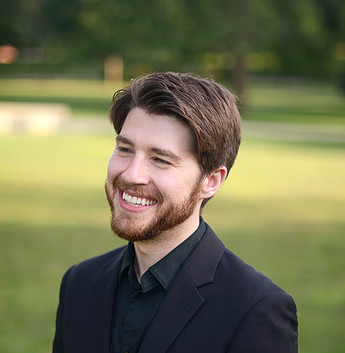
G: I’ve loved Edna St. Vincent Millay for a long, long time — as I mentioned about these two poems, I find so much conversationality in her poetry. Regardless of subject matter, they all have a certain inviting quality — even the ones that dig so squarely into grief have something unmistakably present about them. (I’ve set some of her poetry before this cycle, and there are many more to come in the next 2-4 years!)
J: What piece or excerpt of literature would you want to adapt music to the most, and why?
G: That’s a toughie! I’m doing a few of my ~Dream Projects at the moment — an adaptation of one of my all-time favorite Lorca plays, a setting of some Shakespeare excerpts. One poet whose poetry has always fascinated me in a potentially-musical is Charles Bukowski: his poetry has such a raw, visceral, self-decimating quality, but also shows tiny glimmers ever so often of a deeper hope. I know that it would be outrageously difficult to set poetry with that level of push-and-pull — and of course, for that reason, I’ve love to toss myself into it. 🙂
____
Griffin Candey (b. 1988) is an American opera composer dutifully committed to creating vocal and theatrical works that, by approaching forward-looking subject matter, aim to both expand and preserve these genres.
Having spent his early years studying as an opera singer, Candey’s vocal music retains a level of practical vocal finesse that its interpreters praise for its “prosody that showcases both the words and the singers,” its “intuitive rhythm,” and its “lyricism and emotional depth.”
Candey’s latest opera, Sweets by Kate — described as “hilarious and moving,” “a piece with charming and elaborate complexity” and “a meaningful and beautiful work of art” — was commissioned and premiered by the Midwest Institute of Opera (July 2015,) with subsequent runs scheduled at Marble City Opera of Knoxville, TN (May 2016) and in New York City, NY with OperaRox Productions (Spring 2017.) May 2016 will see the premiere of his latest chamber song cycle (All Children Except One) at Bard College Conservatory of Music, and December 2016 sees the world premiere of his orchestral song cycle (Bagidaabii-Neyaashi) with the Marquette Symphony Orchestra (in Marquette, MI.)
Find out more about Griffin Candey with a visit to his website. Twitter: @griffincandey
Meet Ross Crean, Winning Composer of FSOAS 2016
We are thrilled to introduce composer Ross Crean, whose winning song cycle “A Passive-Agressive’s Guide to Mother Goose” will be part of the Inaugural Fresh Squeezed Ounce of Art Song on Friday, November 18th. Mezzo Julia Di Fiore will perform Mr. Crean’s pieces, and had these questions for the composer:
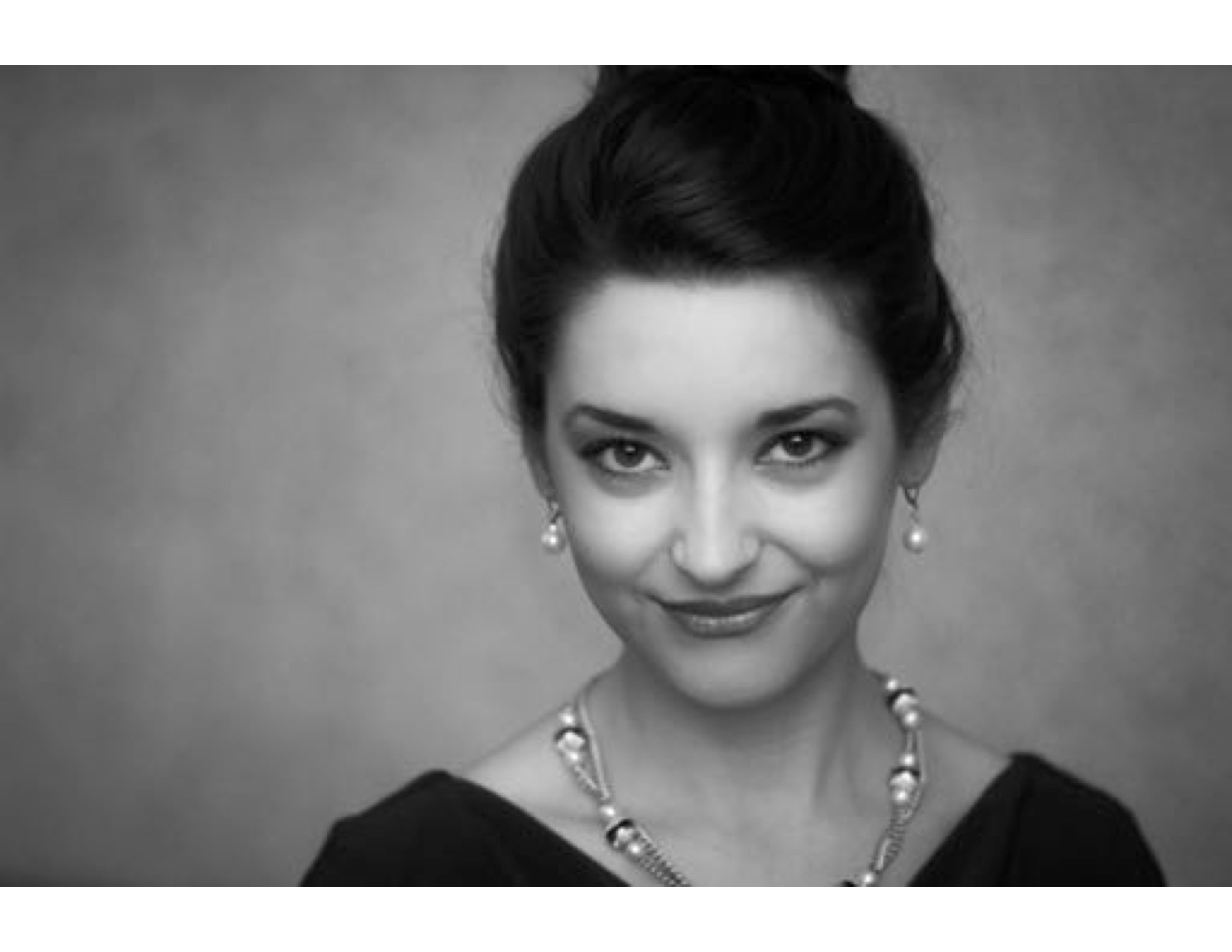
Julia: The Passive Aggressive’s Guide to Mother Goose explores five different nursery rhymes in ironic and funny ways. What inspired you to choose these five tales?
Ross: It was really the result of wanting to do something that was completely quirky and funny. My mother had passed away from pancreatic cancer very quickly, and I had been working on composing two operas at the time that were based on pretty intense and dark subject material, so I needed a change of emotional and mental scenery. During that time, I was also having to interact with a family member who was the textbook version of a passive-aggressive personality, and my way of coping was to try and find the humor in the behavior rather than let it eat at me. After researching P-A behavior, I began to brainstorm over which scenarios would have the most ridiculous effect if seen from a passive-aggressive viewpoint, and Mother Goose just clinched it. As far as the characters I chose, their original scenarios just seemed to lead themselves the best to an absurdist approach.
J: For this work you wrote both the text and the music. Do you often serve as both poet and composer, or is there someone with whom you like to collaborate?
R: It really depends on the project. I wrote the text to several of my operas and chamber works, but have also worked closely with a librettist from New York named Katherine Arathoon. There are times that my vision for a piece is so specific that I write the text to keep that vision clear. Other times, I absolutely love collaborating with others and gaining new perspectives from those people. I’m always up for meeting new collaborators! It makes my creative live much more interesting.
J: As a composer and a singer-songwriter, you write in genres other than classical music. Do you consciously crossover between genres in your works, or do you find that it comes naturally when you are fluent in multiple musical “languages.”
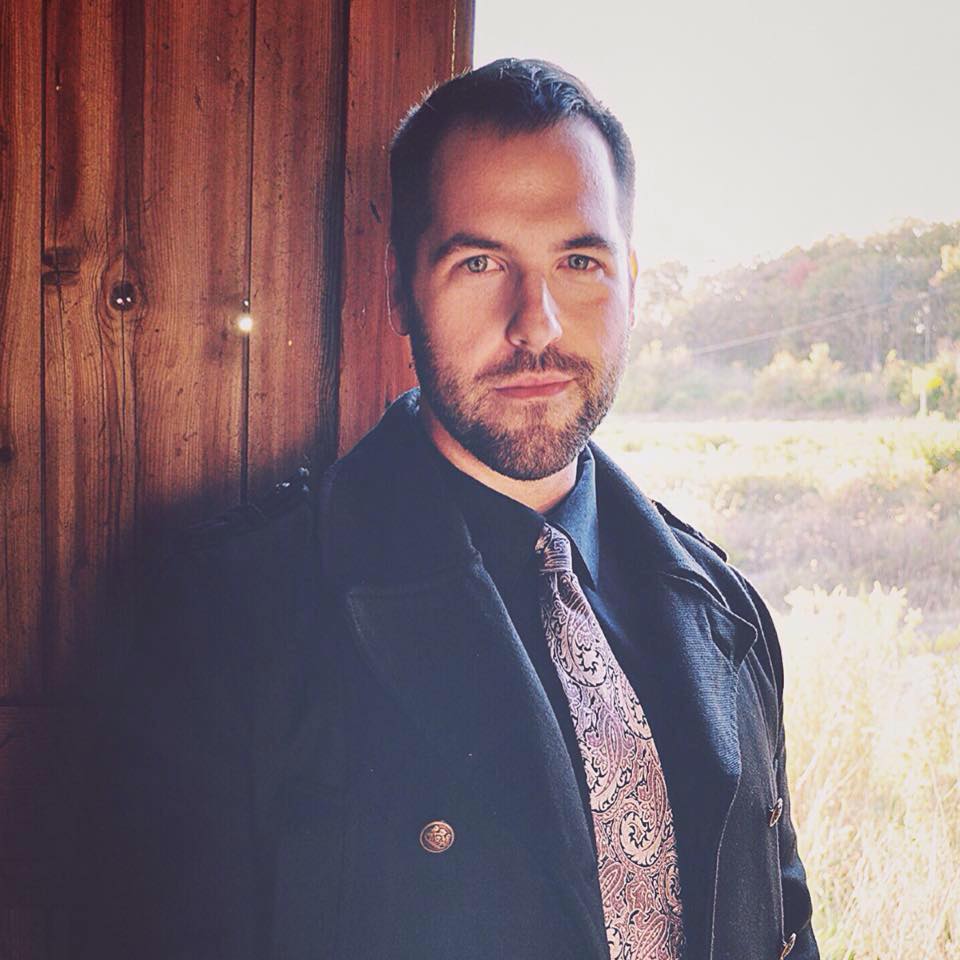 R: It’s much more of a natural process to me. I have always wanted to be able to delve and blend so many genres together as a performer. I grew up singing Celtic sean-nos (traditional style a capella) singing, and loved opera and jazz, but then feel in love with experimental and avant-garde performance while I was in college. I never wanted to chose anything over another, and I also keep that approach when I compose. As a synesthete, I always listen to my instincts, as well as where my emotions lead me as I compose. I never know what I have planned the first day of a project when I sit down and start writing. For me, I feel something based on text or program, I then see what colors come springing up in my mind as I work, and then I write out the music that reflects what I see. I think my career in film work has had the most overall influence on whatever I compose, regardless of the genre. The pictures in my mind usually lead to what comes out on paper.
R: It’s much more of a natural process to me. I have always wanted to be able to delve and blend so many genres together as a performer. I grew up singing Celtic sean-nos (traditional style a capella) singing, and loved opera and jazz, but then feel in love with experimental and avant-garde performance while I was in college. I never wanted to chose anything over another, and I also keep that approach when I compose. As a synesthete, I always listen to my instincts, as well as where my emotions lead me as I compose. I never know what I have planned the first day of a project when I sit down and start writing. For me, I feel something based on text or program, I then see what colors come springing up in my mind as I work, and then I write out the music that reflects what I see. I think my career in film work has had the most overall influence on whatever I compose, regardless of the genre. The pictures in my mind usually lead to what comes out on paper.
J: You are someone who is firmly planted in multiple genres of composition. Do you find this to be the norm among classical composers, and how do you see classical composition evolving in the future?
R: It does not seem to be the norm from what I have seen, but I do know several other composers who also dip their toes in other fields of musical work. Some like sticking to one ritual and one focus, and others find joy in the ability to walk back and forth from one stylistic influence to another. One is not better than the other, but personally, I am grateful for the opportunity to roam the spectrum. As far as where classical composition is going, that is difficult to answer. Not knowing where it is heading is kind of exciting in a way. I hope we start seeing more works manifesting from collaboration, and I think we are at a good start with the presence of social media, as well as wonderful events like New Music Gathering. The farther out we can throw our nets, the more opportunity we’ll have as artists, and I think that is going to be the biggest factor as to how classical composition will evolve.
________
Composing and creating music with a focus on the evocative and lyrical, Ross Crean began his professional music career as an operatic Bass-Baritone, specializing in avant-garde and Contemporary Classical music, many of which were his own works. A prolific collaborator, he has received commissions from and worked with numerous artists including internationally renowned mezzo-soprano Heidi Skok (formerly with the Metropolitan Opera), Oberlin College, Opera on Tap Chicago, and Loyola University Museum of Art. In 2005, Crean founded his own record label, Knight & Thorne Music, and has performed worldwide as a solo artist. His musical work has been featured on Skope TV, Much Music, Fuse TV, and Comcast OnDemand. Ross was most recently signed to Navona Records/Naxos America to record his opera The Great God Pan, due out in Summer 2017. He is currently Resident Composer and Creative Director for Nebula Creatives, based in Chicago.
Find and follow Ross here:
Website: http;//www.rosscrean.com
SoundCloud: http://www.soundcloud.com/ross-crean
Facebook page: https://www.facebook.com/RossCrean/
Twitter: https://twitter.com/RossCrean (@RossCrean)
Newsletter Archive
Bookmark this page to see the very latest newsletter information from One Ounce Opera! Want it delivered to your inbox? Sign up here!
Inaugural FSOO Cast Lists, Program Notes, and THANK YOUs
Another THANK YOU for the support of Inaugural Fresh Squeezed Ounce of Opera! Below, we've included the cast lists and notes from the FSOO program, with each of the composer/librettist team's spotlight interviews linked to their names.
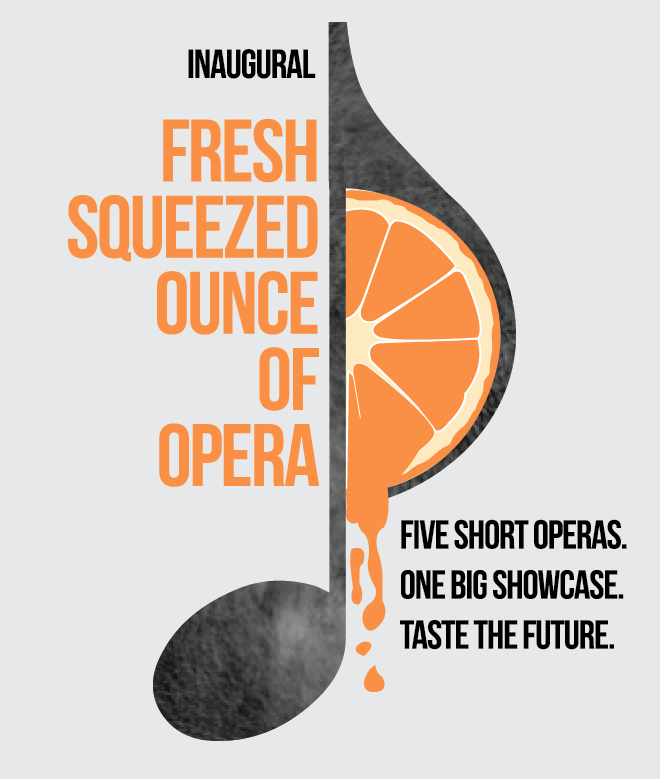 We look forward to the 2nd Annual Fresh Squeezed Ounce of Opera next spring! Be on the lookout for dates AND the 2nd annual "call for composers!"
We look forward to the 2nd Annual Fresh Squeezed Ounce of Opera next spring! Be on the lookout for dates AND the 2nd annual "call for composers!"
In the meantime, OOO is putting together some pop-up programs and a festival appearance in June, as well as beginning the preparation for Fresh Squeezed Ounce of ART SONG coming this fall. Sign up for our newsletter and you won't miss anything!
We want to hear from YOU! Your feedback is important to us -- take a moment to fill out this quick form and you could win an autographed poster from this, the very first FSOO!
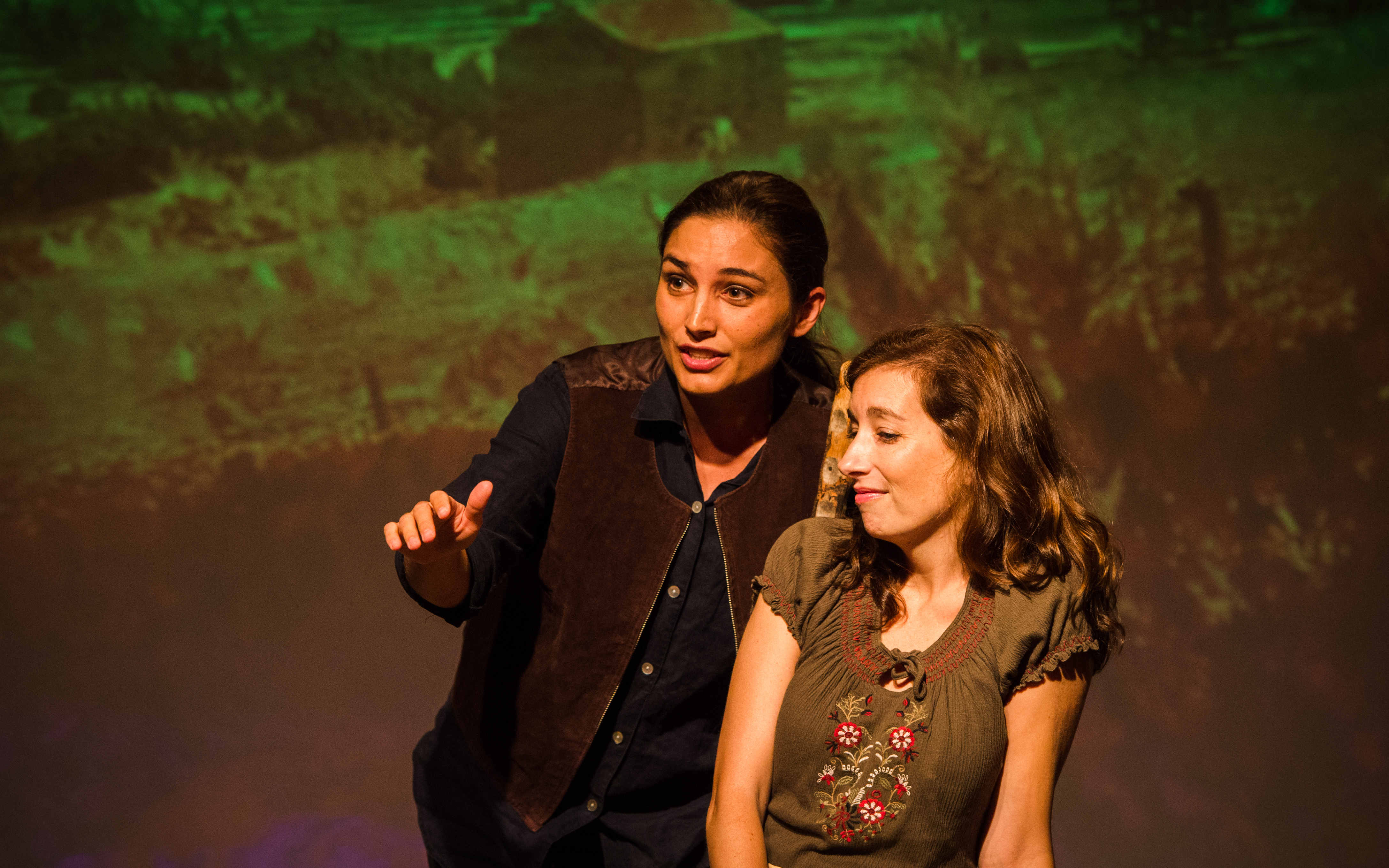 Thyrsis & Amaranth^ Music and libretto by Steven Serpa, based on a fable by Jean de la Fontaine (https://soundcloud.com/steven-serpa) Thyrsis – Julie Silva Stage Director – Jake Jacobsen, Musical Director – Nikki Birdsong |
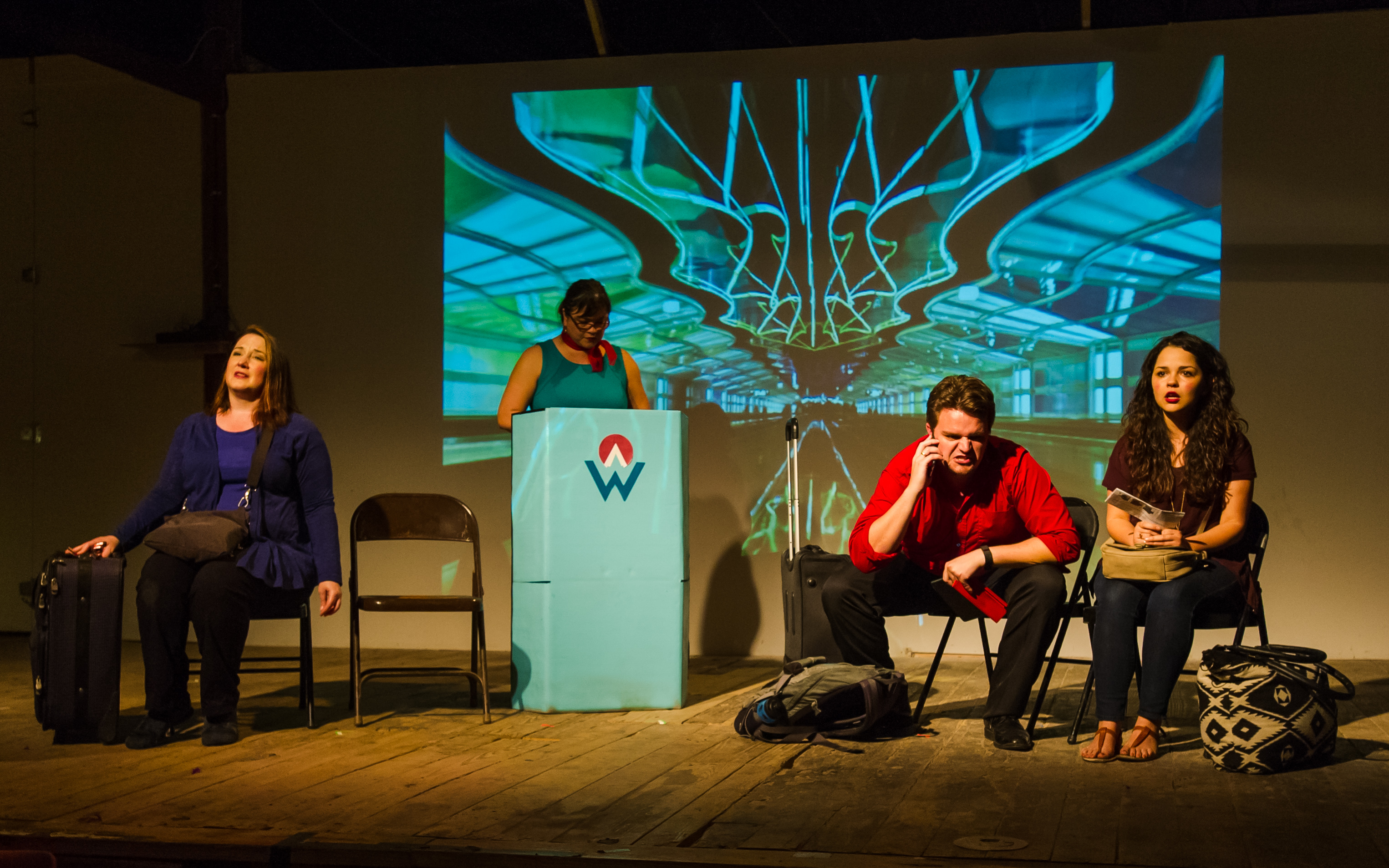 Now Boarding^Libretto by Wendy S. Knapp Bowman Worried – Cristina Flores Stage Director – Michael Holderer, Music Director – Charmaine Flake
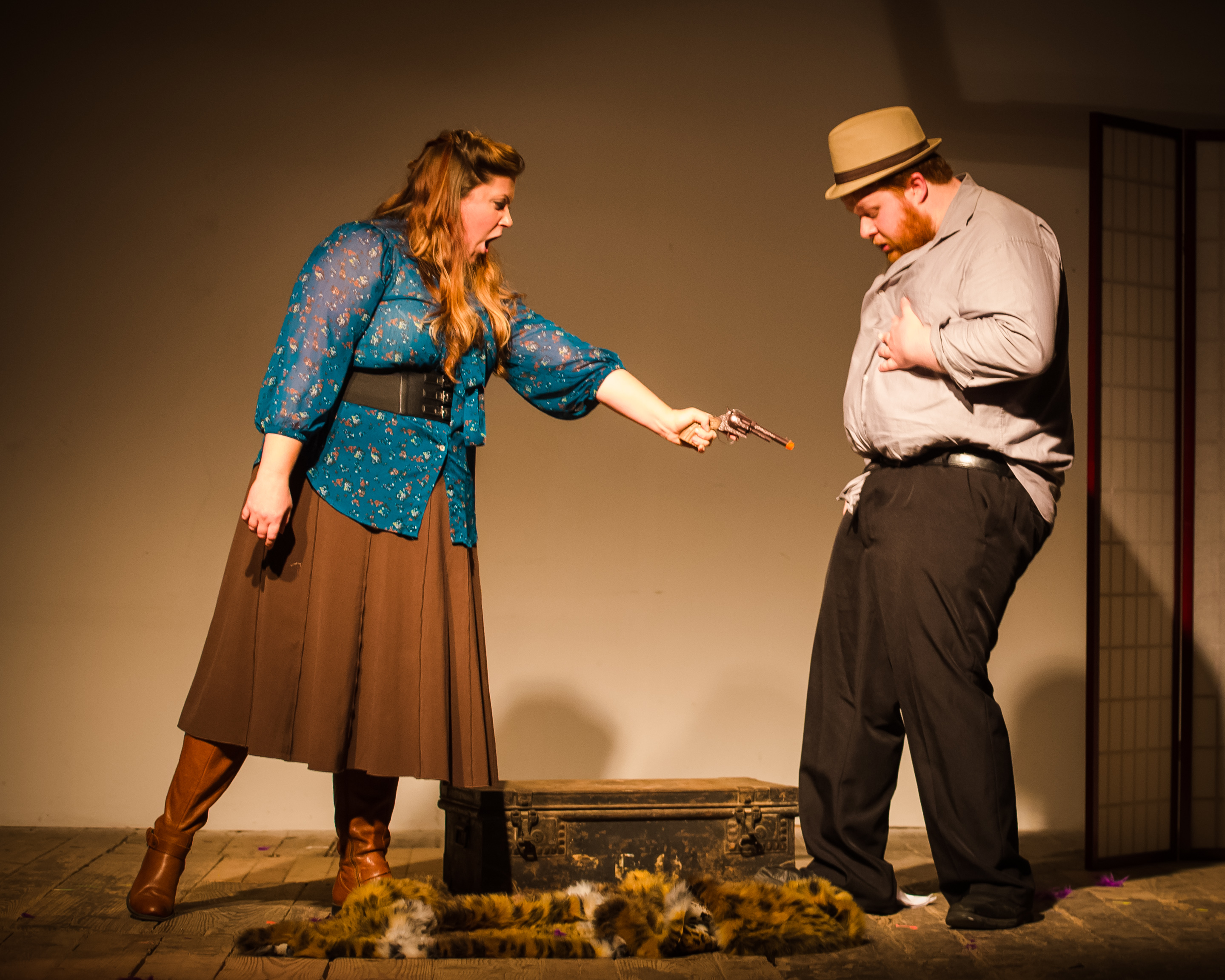 Part of the Act^Libretto by John Grimmett (www.johngrimmett.com) Music by Liam Wade (www.liamwade.com) Ginger Taylor – Maureen Papovich Stage Director – Julie Fiore, Music Director – Charmaine Flake
Intermission |
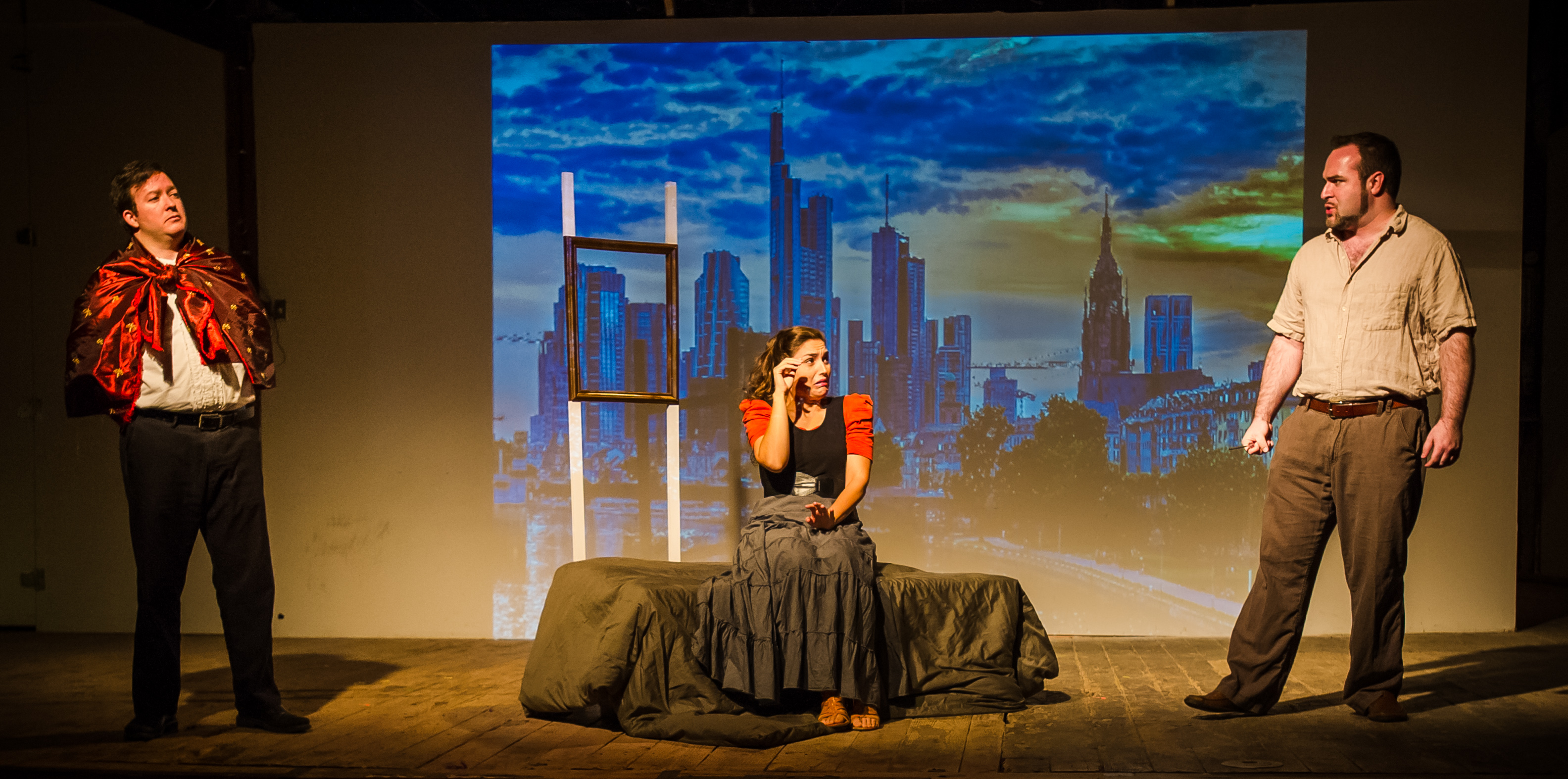 The Miller’s Tale*Adapted story and music by Jesse McMilin, based on Chaucer’s Canterbury Tales Nicholas – Andy Fleming Stage Director – Michael Holderer, Music Director – Nikki Birdsong 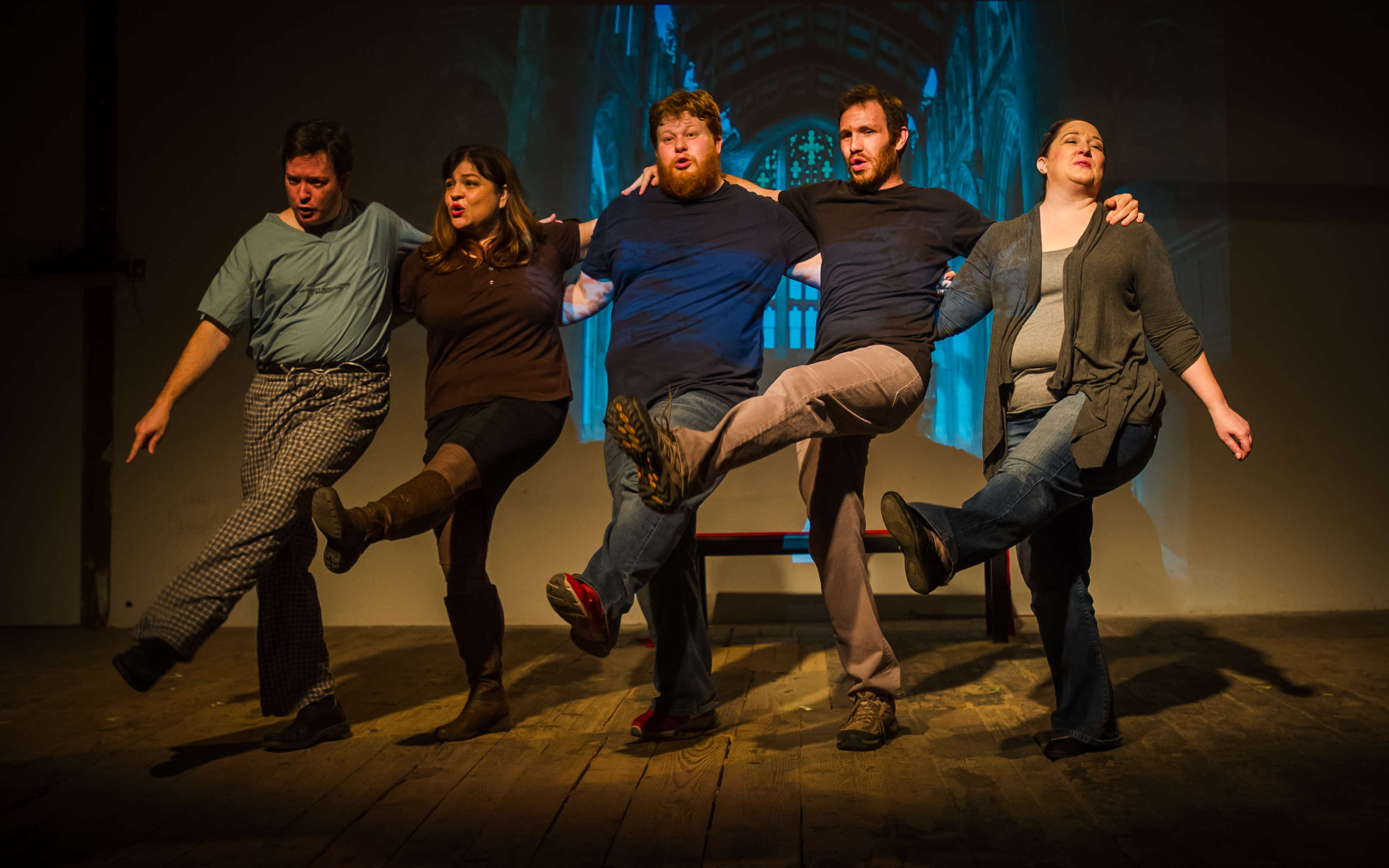 Love After the Collapse of Civilization*Libretto and music by Jeff Luna (https://soundcloud.com/jeff-luna) Narrator – Patrick Wright Stage Director – Jake Jacobsen, Music Director – Charmaine Flake |
|
*world premiere ^regional premiere Produced by One Ounce Opera, and supported in part by the Cultural Arts Division of the City of Austin Economic Development Department. One Ounce Opera is a sponsored project of the Austin Creative Alliance. ______________ One Ounce Opera Executive Director - Julie Fiore
One more thank you to our sponsors and our amazing donors. Sixth Street Bourbon, Nathan Kurten, Andy Fleming, Michael Leidel, Martha Coleman, Robin and Paul Cohen, Katherine Altobello, Lorne L Harris, Saul Jerome San Juan, Andrew Scheberle, Carolyn Stone, June Julian, Justin Stewart, Alexandra Goodrich, Elizabeth Warren, Mateja Lane, accounts, Ethan Sherman, Phil Davidson, Jerry Long, Renee Brissette, Jan Wright, Marianne Lynch, Jamieson Taylor, Lauren White Arthur, Angela Irving, Lynn Carlson, Angela Williamson, Anne Booth, Stevie Schein, W. A. Brenner, Tony Beach, Courtney Taft, Liam Wade, Lisa Lee, Bryan Simmons, Sam Melnick, pianoamf, Susan Floyd, Ammon Taylor, Rob Casillas, Stacy Langsdale, Roanna Flowers, David Carlton Adams, William Hyland, Kara Fuhlbrugge, Wendy Schober-Ditmore, Chris McMillan, Albert Ford, Bernadette Grohol, Lori Paradoski, Laura Broy, Rain Nox, Allen Schober, Erika Wuerzner, Linda Dee Hughes, Win Bent, Matt Marr, Daniel Castillo, Julie Silva, Eric Imhof, Casey Papovich, Katherine Lewis, Elizabeth B Brown, and Bernard Bennett. A BIG shout-out to Jeanne Claire van Ryzin, W.A. Brenner, and Natalie Zeldin for the press recognition and attention! Click on their names to read the articles. Special thanks to Live Oak Brewing, Orpheus Academy of Music, Motorblade Postering Service, Design That Flies, Roy Moore/Control Images, Stephen R. Reynolds, and the Museum of Human Achievement! |
Meet Jesse McMilin, Winning Composer of FSOO 2016
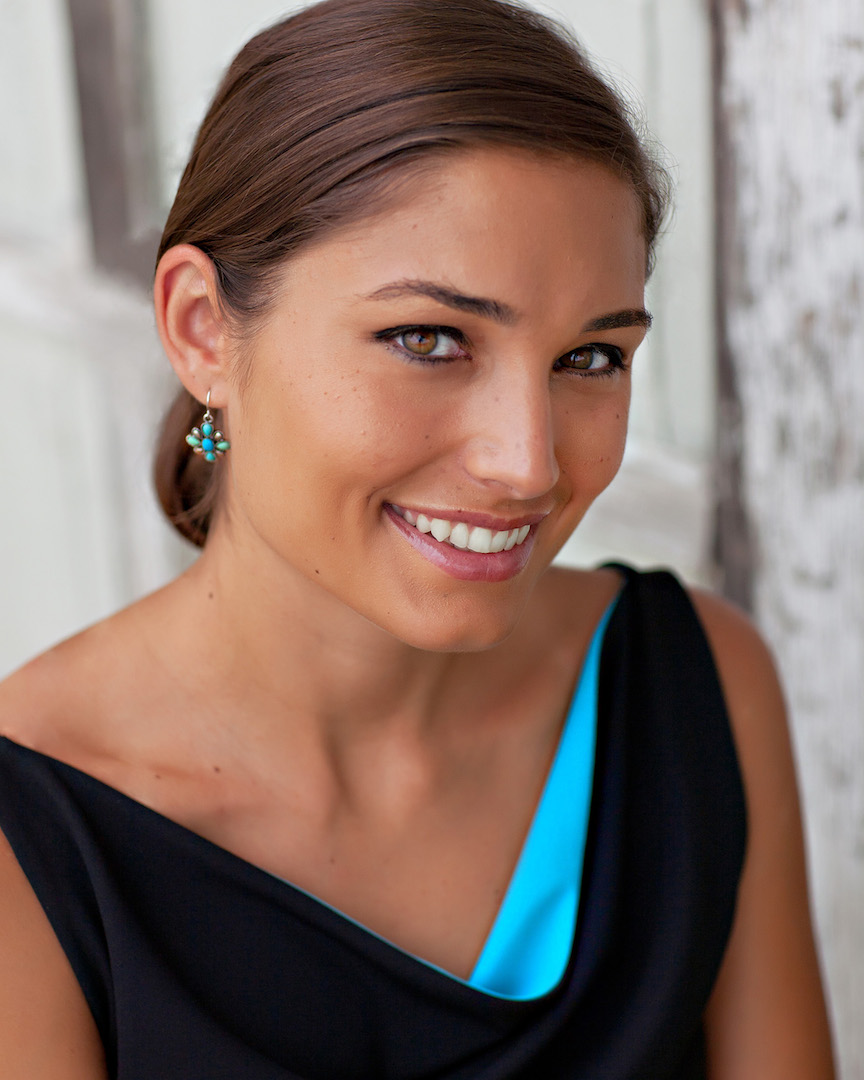 This is the fifth -- and final -- in our series of composer spotlights previewing the Inaugural Fresh Squeezed Ounce of Opera, April 15 and 16, 2016. Meet Jesse McMilin, composer of the one act opera A Miller's Tale, based on a story in Chaucer's Canterbury Tales. OOO Member Julie Silva conducted this interview. Julie will portray "Alison" in McMilin's new work, which is getting it's premiere at FSOO!
This is the fifth -- and final -- in our series of composer spotlights previewing the Inaugural Fresh Squeezed Ounce of Opera, April 15 and 16, 2016. Meet Jesse McMilin, composer of the one act opera A Miller's Tale, based on a story in Chaucer's Canterbury Tales. OOO Member Julie Silva conducted this interview. Julie will portray "Alison" in McMilin's new work, which is getting it's premiere at FSOO!
1) So, how did you choose The Miller's Tale in particular from Chaucer's Canterbury Tales for the inspiration for your opera? What do you like about these characters?
When I heard about OOO's call for short opera, I racked my brain for story material that was concise, humorous, and timeless. The Canterbury Tales immediately struck me as the perfect place to start my search, and The Miller's Tale, with its wild antics and fast pace, stood out especially. The characters are nothing if not entertaining. The clever Alison and selfish Nicholas will sacrifice John's happiness to satisfy their desires, and seem to even enjoy manipulating this helpless old buffoon.
While the plot of the opera differs substantially from that of the source material, the dynamic of these three characters remains much the same. Absalon, on the other hand, ends up playing a different role entirely: while in the original he's just another idiot caught up in Alison's and Nicholas's self-interested games, he's portrayed as a villain in my opera. I felt it would make more sense to introduce him in an added scene for a stage adaption because, in the original, he was introduced toward the end and his motives were described through narration, which would make very little sense in this context. When I introduced him in this fabricated scene, I found myself highlighting his more visceral, disgusting qualities, and by the middle of the scene, I had decided to roll with it. He had become the villain in a villain-less story; a fool, yes, but a dangerous one.
The next greatest character change I made happened in the finer details of Alison's character. I wanted to emphasize her cleverness, her disregard for loyalty and authority, and her fearlessness. I also wanted to add just a smidgen of empathy (which, in the original, I am nearly convinced she totally lacks). This is used to bring about a sense of moral closure as she finally learns to feel the pain of John's simple but innocent confusion during the conclusion of the opera. The same sort of closure isn't used in the original story, that Chaucer might reveal the character of the miller who tells it; the story ends more abruptly, but the effectiveness of this technique again relies on narration, as well as an outside context for the tale's delivery.
2. How did Chaucer's Miller's Tale influence your composition? How would you describe your compositional style in this opera?
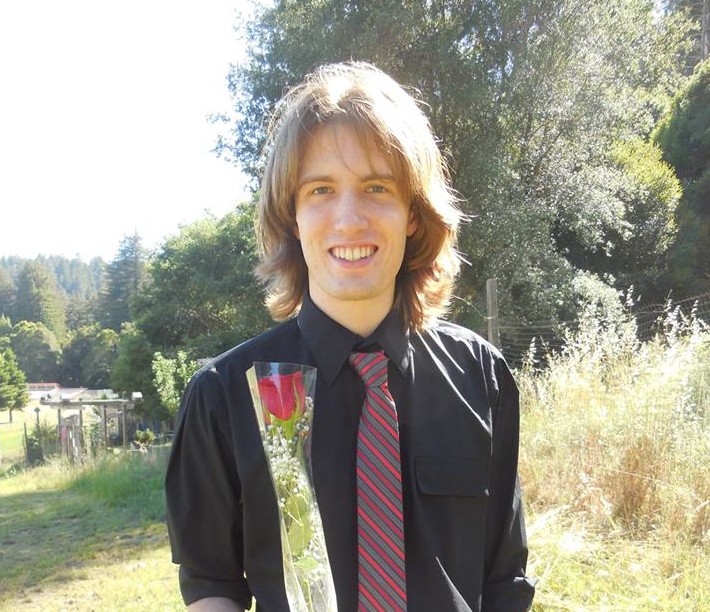
The compositional style of The Miller's Tale varies depending on the character singing. I have motifs that are stylized in various ways depending on whose dialogue they highlight, and while there are exceptions, I have distinct "feels" for each of the characters. Nicholas's is lilting and carefree while warped by dissonance, indicating his remorselessly manipulative nature; Alison's heavily relies on the diminished and lydian-mixolydian scales (an eight note scale alternating half-whole-half-whole and a major scale with the raised fourth of lydian plus the lowered seventh of mixolydian, respectively) to indicate her unconventionally whimsical nature, which, paired with her several contortions of John's main theme, and several adaptions of her twelve-bar-blues "plotting" theme by Nicholas, I hope will help emphasize her adaptability and pervasiveness; meanwhile, John's style is mainly diatonic and textually warm compared to the surrounding writing, while Absalon's is heavy-handed, brooding, and repetitive.
3. When and why did you start composing classical music? Who are your key influences? What's your favorite opera?
I'm not sure when to mark precisely when I started writing "classical" music. Was it when I wrote my first song that was more than a fleeting improvisation to be forgotten later? If so, the answer would be fourth grade. If the first original song to be written in notation and performed by an ensemble marks this point, then eighth grade. But really, I've always loved classical music and been enthusiastic about composition, and have made a regular pastime of sitting for hours at a time at the piano just playing whatever comes to mind--a habit I've kept up since I first started receiving a music education at five years old.
I listened to nothing but classical for nearly the first two thirds of my life, loving Bach initially in my early childhood for its mesmerizing, delicate passages before developing a strong interest in the romantics in my later childhood and early teens when I lived consumed by a universe inspired by the countless fantasy novels I was enthralled with at the time; the programmatic stories of Grieg, Saint-Seans, and Rachmaninoff provided the perfect background to my imaginary world.
In my later teens, I discovered the impressionists, finding Debussy's and Ravel's thoughtful color palettes enlighteningly fresh. At the same time, I followed a separate strain that bought me to Gershwin, who, despite my previous experience with jazz, really helped me develop a liking for the jazz of that time. He also composed my favorite opera, Porgy and Bess, combining opera tradition with his musical theater experience. But I digress: the impressionists, at this time, seemed more mature to my developing ear than the romantics, who at this time sounded stagnant to me. Of course, my love of the romantic era never really faded, just receded for a time to make way for what I thought would define my musical style from there on out. Of course, I was mistaken; within the past two years, I've come to adore the expressionists, especially Bartok and early Stravinsky. I love how raw and visceral their harmonies are, how jaggedly their syncopated rhythms pull the listener to and fro. These two remain the most prominent classical influences on my work, Bartok being a major influence on The Miller's Tale specifically.
4. Where do you think the future of opera is headed?
I'm no musicologist, nor has the focus of my writing been opera (this is the first I've ever written), and I can't say for certain where I think opera is headed. It's no mystery that the popularity of opera in the traditional sense has suffered a decline, but its legacy manifests itself in other ways. There is, no doubt, a fine and often twisting line between opera and musical theater, the latter of which is by no means decreasing in popularity. However, I don't believe that opera as a distinct art form is dead to the public as long as modern opera continues to persevere through organizations like OOO.
I took special note that one of the most prominent aspects of advertising for Fresh Squeezed Ounce consists of two words: in English. This essentially says, "The text is meant to be understood," for the average resident of Austin. I think the emphasis placed here marks one of the ways in which opera must change if it is to survive; while an opera enthusiast can enjoy the sheer spectacle of an opera whose language they don't understand, there is a reason that musical theater has thrived, and that, I believe, is an emphasis on text. When the communicability of the text matches the ubiquity and depth of the music (distinguished from that of musical theater, which is divided into distinct, standalone numbers), opera will, perhaps, not seem so daunting and antiquated to any given person. Of course, this is a very hastily drawn hypothesis from an inexperienced composer, but I hope it can provide some insight.
Jesse McMilin is from California. To find out more about Jesse, come meet him in person on Saturday, April 16th!
Meet Tori Ovel, Winning Composer of FSOO 2016
This is the fourth in our series of composer spotlights previewing the Inaugural Fresh Squeezed Ounce of Opera, April 15 and 16, 2016. Meet Tori Ovel, composer of the one act opera Now Boarding, which depicts a scene familiar to most. Interview by Julie Fiore.
1. You describe Now Boarding as a “slice of time.” Did a particular personal flight or travel experience inspire this piece?
Now Boarding has a slightly harried upbringing, something I’m sure many creative people have dealt with. Its inspiration struck me at 3 am one morning, and I have a decently vivid memory of me speaking at my tablet, using speech to text typing to record this groggy idea. Between my junior and senior years at the University of Northern Iowa, I attended three composition festivals. It meant that 21 year old me, having rarely traveled without family, even more rarely on planes (maybe… three or five plane adventures prior?), was about to have some serious one on one time in some big ole airports. In one adventure, I took a mega bus (for only FIVE DOLLARS!) from Iowa City to Chicago, departing at 3am. At 5am, I was wandering the streets of the windy city to find the subway/train/whatever they call it there, to get to the airport. Eight bucks isn’t bad to get from Iowa City to ORD in Chicago. On the route home, I misjudged the NYC public transportation and got to JFK fifteen minutes before my flight was scheduled to board—WOO what a rush!
I spent a bit of time in airports. No particular flight inspired me, but when I decided I wanted to write a little opera, I figured it couldn’t have a dramatic arc—I was looking to write something that reflected everyone’s experience, or at least something that seemed like it could have actually happened. I did a bit of theater in high school, and when I thought about a 10 minute dramatic plot, I was brought back to the ridiculously bizarre high school improv scenes. Most people like to people watch, or at least have experienced people watching, so I figured it was a good place to start. This 3am idea came to me in the spring of 2015, but when I took the idea to a visiting opera composer at my undergrad, he told me it would never work. He said operas work best when the characters are moved to action—not like in Now Boarding where most of the characters are singing without instigation from a specific event. I was crushed, tabled the project, and went on with other composition.
In the fall of 2015, I brought the idea to my master’s composition professor, Dr. Michael Schelle. He loved the idea. He basically said to hell with the other guy, reminded me that many people have old fashioned opinions, but that isn’t the only kind of people in the world. Thus, Now Boarding began to live again.
2. In Now Boarding, we meet three distinct passengers. When you were writing for each specifically, where did their musical ideas/characterizations come from? If you had to pick, which was the most fun to write?
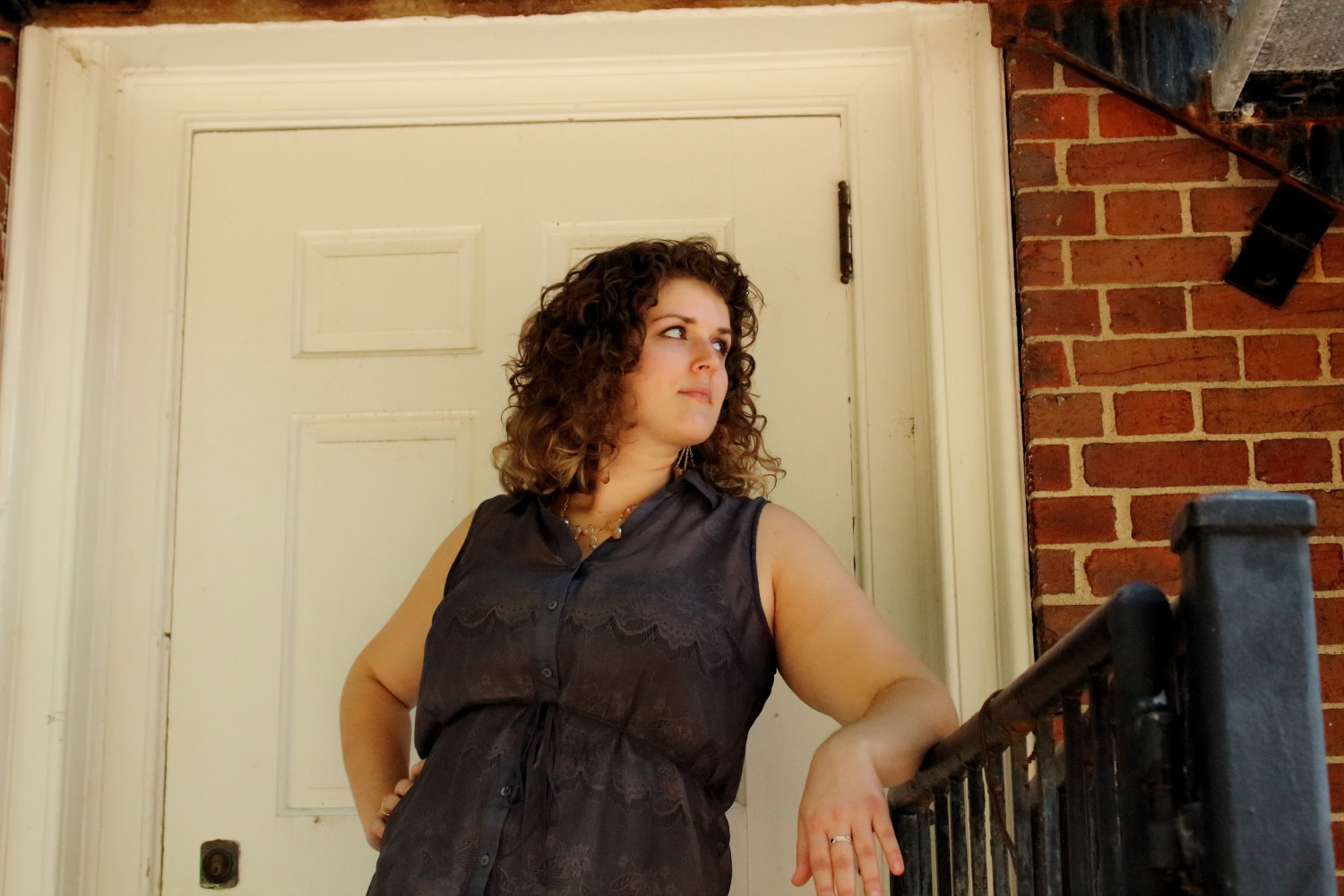
You know, writing for these characterizations just sort of happened. I knew what kind of personalities I wanted to portray, and what kinds of emotions I wanted, and I just kind of went with it. With Sad’s character (they are nameless because when you people watch, people don’t generally wear name tags--- how would you know their names?) I knew I wanted people to relate in a very visceral way. I wanted people to be reminded of their own personal losses and be able to completely empathize with his character, so I wrote this beautiful melody that showed off my Butler singer’s (Jeremiah Sanders) amazingly rich range. He knocks my socks off when he sings it—goose bumps every time. I refer to the Business character as the sleazy business man. You know the guy—always on the phone, treats his waitresses like scum, thinks he’s entitled to the world. I thought a straight eighth’s jazz feel would be coolly unpleasant for him. He’s trying to manipulate people, so he seems genuine, but there is something off about him. He sucks. With Worried, I wanted a frantic, hypochondriac kind of terrorized young adult. I didn’t mean for her part to be so atonal… but I think it works well for her part. She’s dramatic. She will highly likely survive this plane trip—CHILL OUT WOMAN! She’s all over the place in every way.
Although I am partial to Sad’s heart wrenching piece, I have to say that Worried is the one that gets stuck in my head the most. I love the drama in the wide intervals and rhythmic variation.
3. As a saxophonist with a jazz background, how do you feel it influences your writing for the voice? Do you hear that palette shine through in Now Boarding more than your other pieces?
Jazz music has definitely influenced my writing by giving me immediate and express freedom to the extended tertian harmonies used in the genre. It meant that I spend little time with simple major and minor chords, and jumped directly toward dissonances—remember kinds, “you’re only half step away from a resolution!” (All Jazz faculty at UNI). I also wrote a lot of singer-songwriter stuff in high school (and a little now and then), so I’m pretty familiar with the basics of the voice. My best friend in the world, kick-butt Soprano MaKayla McDonald, was the unfortunate subject of my first vocal compositions, so I learned a lot about writing for voice by picking her brain and hearing her rant or rave about studio classes.
Palette-wise I’ve spent the last few years trying to figure out my sound-world. Now Boarding is some of the most unique writing I’ve done—definitely the most well planned shifting of character feel. Being able to write with a specific character in mind was unique because it meant I didn’t necessarily have to find what I was writing aesthetically pleasing. If it fit the role, it worked! I love everything on the page at this point, but having that freedom was amazing for the writing process. Opera is this whole new ballpark that I’m very excited to look into further!
4. We love that you are also a proponent of collaboration and re-imagining classical music performance, through your recent project NuMuzArt. Where do you believe the future of opera is headed?
You know, so many people have this strange idea about what classical music is. My dearest aunt said to me, over Thanksgiving break, something to the effect of, “but like… no one really likes classical music.” Giving the figures are at about 3% of the general population really enjoying the genre, I was inclined to agree. “I get why you would say that,” I said, “but people love film scores, and those are like 80% (number I made up) classical music. We present it poorly. It’s a stuffy experience.” We need to bring people back to this awesome music. We need to quit hammering the dead guys’ music (I love the dead guys, but let’s get some more livers around!). We need to quit forcing people to sit still in deceptively uncomfortable seats with poorly angled flooring so that feet can never sit still. We need to quit walking out on stage and beginning the performance without talking about our passions behind the music before each piece. We need to play into where the general population is going while expanding the creative aspects. So people like to sit on their phones? Give them an interactive (SILENT) application to go along with the music. Do something! I value the seriousness of the concert hall. I’m not necessarily happy that most of the current population can’t sit still for a whole production of Mahler’s anything. But, the seriousness of classical music is not going to bring us the other 97%, and, seeing as how I cannot go teach the entire audience, myself included even, to sit still and pay attention to 40+ minutes of music at once, I might as well meet them half way! Short operas… in ENGLISH?! This is great! I recently heard about tv-style opera. That’s amazing. All of the flash of TV show production capabilities with dynamite music! Netflix Opera Originals—let’s make it happen! Let’s find some common ground between disrupting the performance and falling asleep. Let’s keep our Art, but let other people see it as such.
Tori Ovel is currently pursuing a Masters at Butler University. Find out more about Tori by visiting her website!
